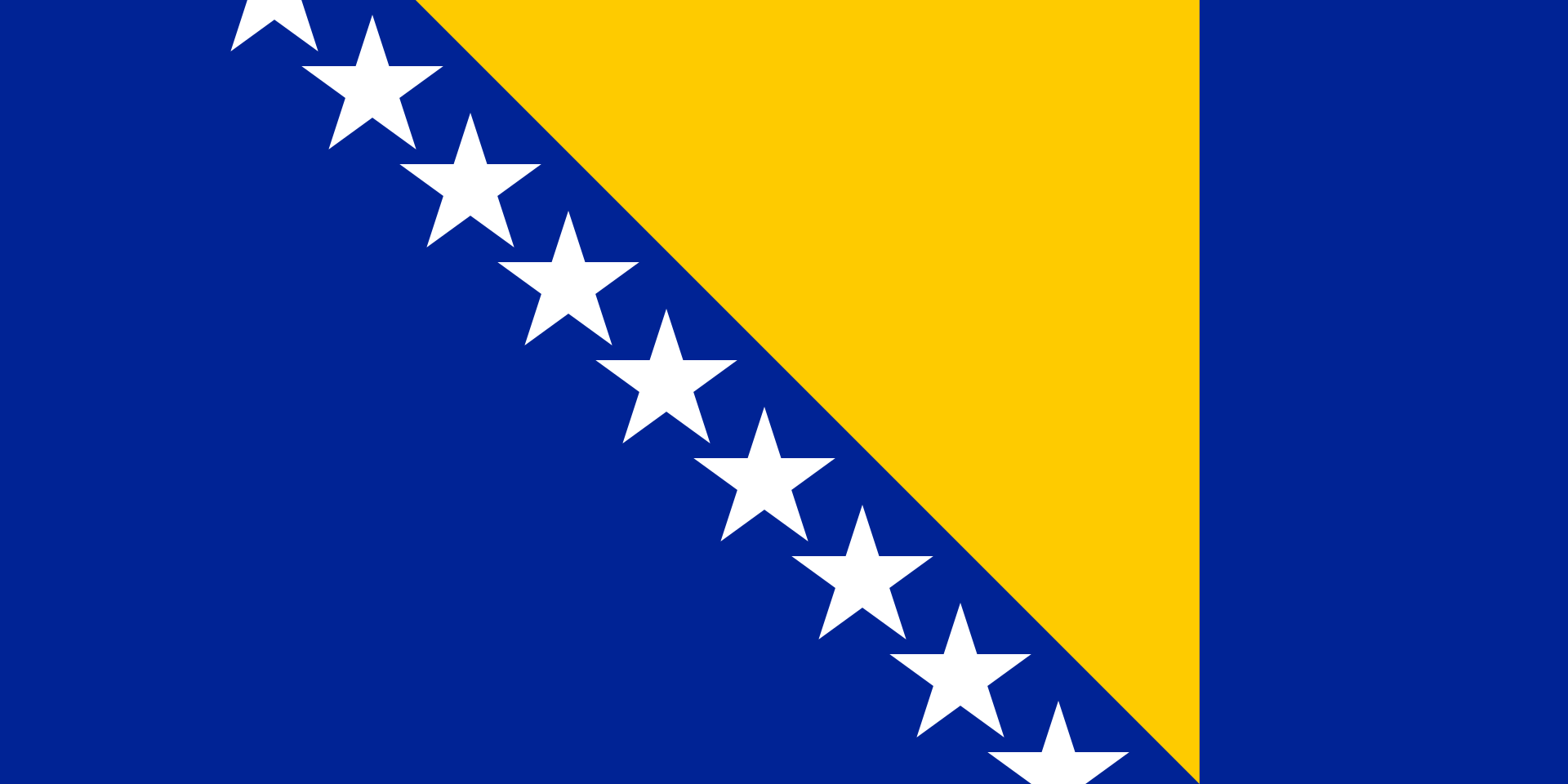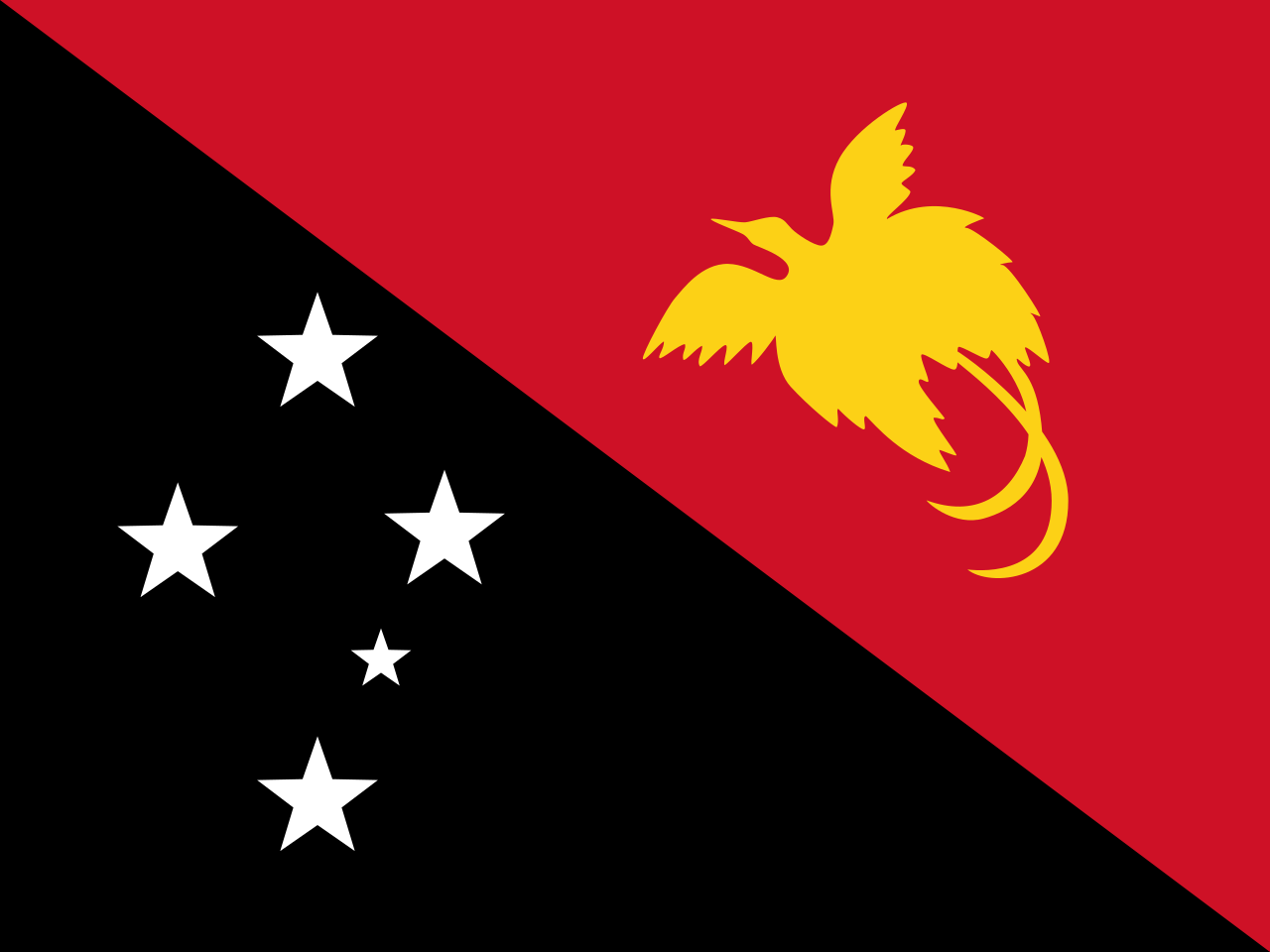Population
1,935,259
Last updated:
1 NovArea
10,887 km2
Last updated:
1 NovCurrency
Euro (€)
Last updated:
1 NovOfficial Language
Albanian and Serbian
Last updated:
1 NovPhone code number
+383
Last updated:
1 NovInternet TLD
.xk
Last updated:
1 NovAverage monthly salary
580 $
Last updated:
1 NovTotal millionaires
1,200 persons
Last updated:
1 NovTotal billionaires
0 persons
Last updated:
1 NovMilitary power
Passport rank
108
Last updated:
1 NovVisa free
40 country
Last updated:
1 NovReligions in Kosovo
97.4% Islam
1.6% Christianity
0.1% No religion
0.1% Others
0.6% Not stated
Info about Kosovo (History)
Kosovo is a partially recognized state in Southeastern Europe. Located in the center of the Balkan Peninsula, it occupies an area of 10,887 km2 (4,203 square miles) and has a population of a. 1.8 million; adjacent to the undisputed part of the territory of Serbia to the north and east, North Macedonia to the southeast, Albania to the southwest, and Montenegro to the west. Kosovo unilaterally declared independence from Serbia on February 17, 2008, and has since received diplomatic recognition as a sovereign state from 97 member states of the United Nations. Most of the center of Kosovo is dominated by the vast plains and fields of Metohija and Kosovo. The Cursed Mountains and the Sar Mountains rise to the southwest and southeast, respectively. The largest city in its capital is Pristina.
In classical antiquity, the central tribe that emerged on Kosovo's territory was the Dardanians, who formed an independent regime known as the Kingdom of Dardania in the 4th century BC. It was annexed by the Roman Empire by the 1st century BC, and for the next millennium the territory remained part of the Byzantine Empire. Byzantine rule was eroded by the slab erosion that began in the 6th and 7th centuries AD. Over the centuries that followed, control of the region changed between the Byzantine Empire and the First Bulgarian Empire. By the 13th century, Kosovo had become the core of the Serbian medieval state and was also the home of the Church of Holy Martyrs of Serbia since its status was upgraded to the Patriarchate in the 14th century. The expansion of the Ottoman Empire on the Balkan Peninsula during the late 14th and 15th centuries led to the decline and collapse of the Serbian Empire. The Battle of Kosovo in 1389 is considered one of the decisive moments in the medieval history of Serbia. The Ottoman Empire ruled the area until the early 20th century.
In the late 19th century, Kosovo was the center of awakening for the Albanian people. After being defeated in the Balkan Wars, the Ottoman Empire transferred Kosovo to Serbia and Montenegro. Both countries joined Yugoslavia after World War I, and after the period of Yugoslavia unification in the kingdom, the Post-WWII Yugoslav Constitution established Kosovo Autonomous Prefecture and Metohija within the Yugoslav Republic of Serbia. Tensions between the Albanian and Serbian communities in Kosovo intensified throughout the 20th century, sometimes leading to massive violence, culminating in the 1998 and 1999 Kosovo Wars, resulting in the withdrawal of the Yugoslav army. Then, the United Nations Provisional Administrative Mission was established in Kosovo. Serbia does not recognize Kosovo as a sovereign state, and although it does recognize the rights of sovereignty of Kosovo institutions as part of the 2013 Brussels Agreement, it continues to claim to be a constituent autonomous state of Kosovo and Metohija.
Kosovo is a developing country with a middle-income economy. Over the last decade, the multilateral financial institutions have achieved solid economic growth and have grown each year since the 2007-2008 financial crisis. Kosovo is a member of the World Bank's International Monetary Fund and is applying for Interpol membership and the status of an observer of the Organization of Islamic Cooperation.
Important information about Kosovo
1- What is the population of Kosovo?
answer: The total population of Kosovo is 1,935,259 in 2021.
2- Who is the president of Kosovo?
answer: Vjosa Osmani is the current president of Kosovo.
3- What is the area of Kosovo?
answer: The total area of Kosovo is 10,887 km2 .
4- What is the official language of Kosovo?
answer: The official language of Kosovo is Albanian and Serbian .
5- What is the currency of Kosovo?
answer: The currency of Kosovo is Euro (€) .
6- How much is the average salary in Kosovo?
answer: The average salary in Kosovo is 580$ in 2021.
7- What is the passport rank of Kosovo?
answer: The passport rank of Kosovo is 108 in 2021.
8- How many countries we can travel with passport of Kosovo without visa?
answer: You can travel to 40 countries with passport of Kosovo .
9- What is the phone number code of Kosovo?
answer: The phone number code of Kosovo is +383 .
10- What is internet TLD of Kosovo?
answer: The internet TLD of Kosovo is .xk
11- How many billionaires are in Kosovo?
answer: The total number of billionaires in Kosovo is " 0 person" in 2021.
12- How many millionaires are in Kosovo?
answer: The total number of millionaires in Kosovo is " 1,200 person" in 2021.





